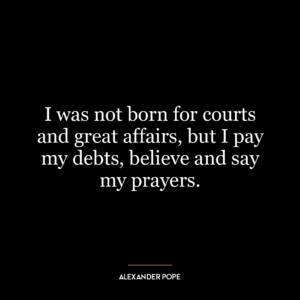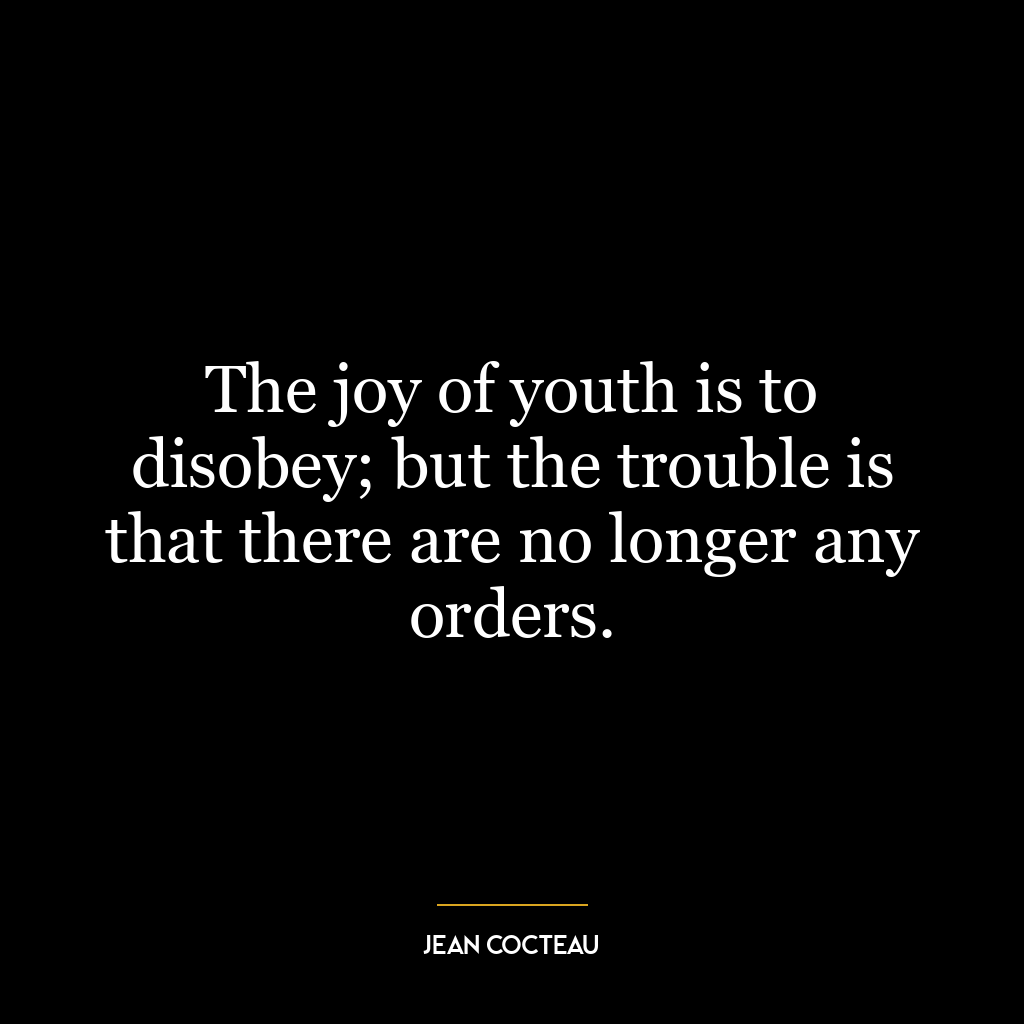This quote, "Order is Heaven’s first law; and this confess, Some are and must be greater than the rest," conveys the idea that order and hierarchy are inherent and essential parts of existence, both in the universe and in human society. The ‘Heaven’s first law’ is a metaphorical reference to the natural order of things, suggesting that there is a divine or cosmic principle that governs all existence.
The second part of the quote, "Some are and must be greater than the rest," underlines the fact that in any system or order, there will always be elements that are more significant or influential than others. It acknowledges the reality of inequality, not as a social construct, but as a natural and necessary part of life.
Applying this concept to today’s world, one could argue that our societies are structured around a similar principle. There are hierarchies and power structures in every aspect of life, from politics and economics to social and cultural practices. Those at the top of these hierarchies often have more influence and control, shaping the direction of societies. This is not necessarily a negative thing, as it can lead to order and stability.
In terms of personal development, the quote suggests that recognizing and accepting one’s place in the grand scheme of things can be a crucial step towards growth and self-improvement. It’s about understanding that not everyone can be the ‘greatest’ in every aspect, and that’s okay. Each individual has unique strengths and capabilities that make them ‘greater’ in their own way. Therefore, instead of trying to be the best at everything, one should focus on honing their unique skills and talents.
Moreover, it implies that one should strive for personal greatness, not in comparison to others, but in relation to one’s own potential. It’s about being the best version of oneself, rather than trying to outdo others. This perspective can lead to a healthier and more fulfilling approach to personal development.















